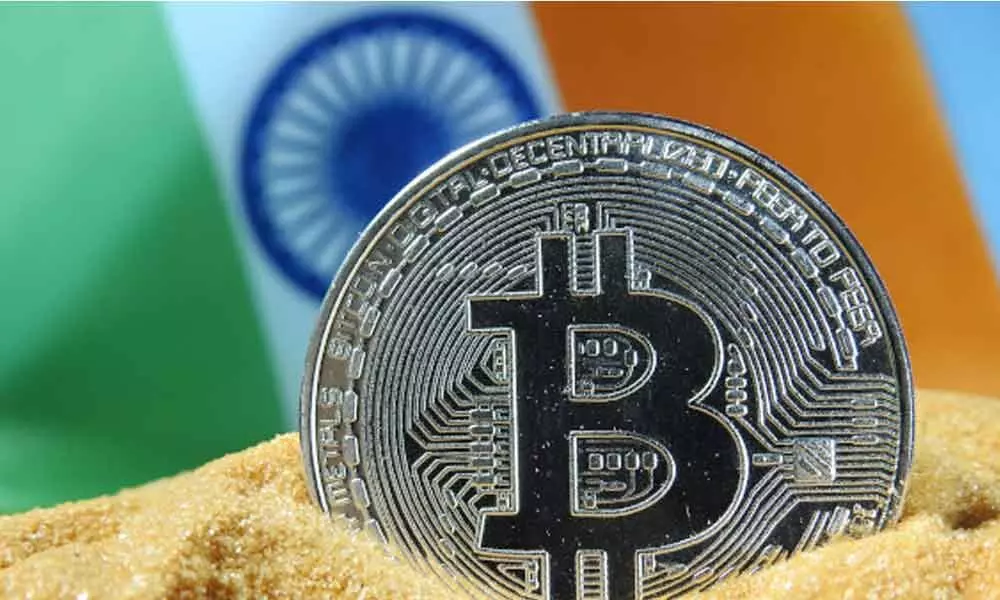Banning cryptocurrency bad idea

Banning cryptocurrency bad idea
The Reserve Bank of India's (RBI) decision restraining banks from flagging crypto transactions is a welcome move
The Reserve Bank of India's (RBI) decision restraining banks from flagging crypto transactions is a welcome move. Many leading banks have wrongfully taken shelter in RBI's 2018 circular relating to virtual currencies, which was subsequently overturned by the Supreme Court in 2020. The clarification from the apex bank has come as a much-needed support to the nascent crypto exchanges in the country.
In recent days, there are reports suggesting that several lenders including HDFC Bank and State Bank of India, had officially flagged transactions relating to the purchase of cryptocurrency. They even have warned customers of curbs, including permanent closure of accounts. Such threat of de-platforming customers at a time when regulations with regard to cryptocurrency are yet to be pronounced is most unfortunate. And the RBI has done a good job in reminding the lenders about the same.
Cryptocurrencies have emerged as the new asset class across the world. While many countries are actively encouraging its adoption, some nations are not in favour of its widespread adoption. Countries like India are evaluating the pros and cons of virtual currencies.
Whatever may be the outcome of these deliberations, we have to keep in mind that cryptocurrencies are using deep-tech applications like blockchain technology. Blockchain technology has seen many successful adoptions in recent years with the banking sector becoming the major user. In this regard, blockchain-powered virtual currencies should be given thoughtful consideration before outright rejection.
India has been at the forefront of digital technology-led innovation in the financial services sector. From successfully implementing the largest direct benefit transfer (DBT) programme to popularising UPI (unified payments interface), the country has emerged as an example to emulate in digital transaction space.
It is heartening to see when Google writes to US Federal Reserve to follow the example of UPI as an ideal model in the interbank transfer space. Currently, the platform has a user base of more than 400 million people in India. Using the UPI platform, many players such as PhonePe, Google Pay, Paytm have come up with varied offerings for users in India.
When India is leading the world in the adoption of technology in the financial services space, it will be wise if the country adopts the virtual currency with regulations rather than putting a blanket ban on this asset class.
We may like it or not, cryptocurrency as an asset class is expected to grow in the coming years. Investors across the world are entering into this space each passing day. In this perspective, India can't be immune to the contagious effect of this asset class.
Therefore, it is better to regulate the asset class with proper norms in place than to close the doors completely. Because, in a globalised world, the financial system is highly interlinked. So, India can cash in from the emerging opportunity by regulating this new asset class instead of throwing it away altogether.




















